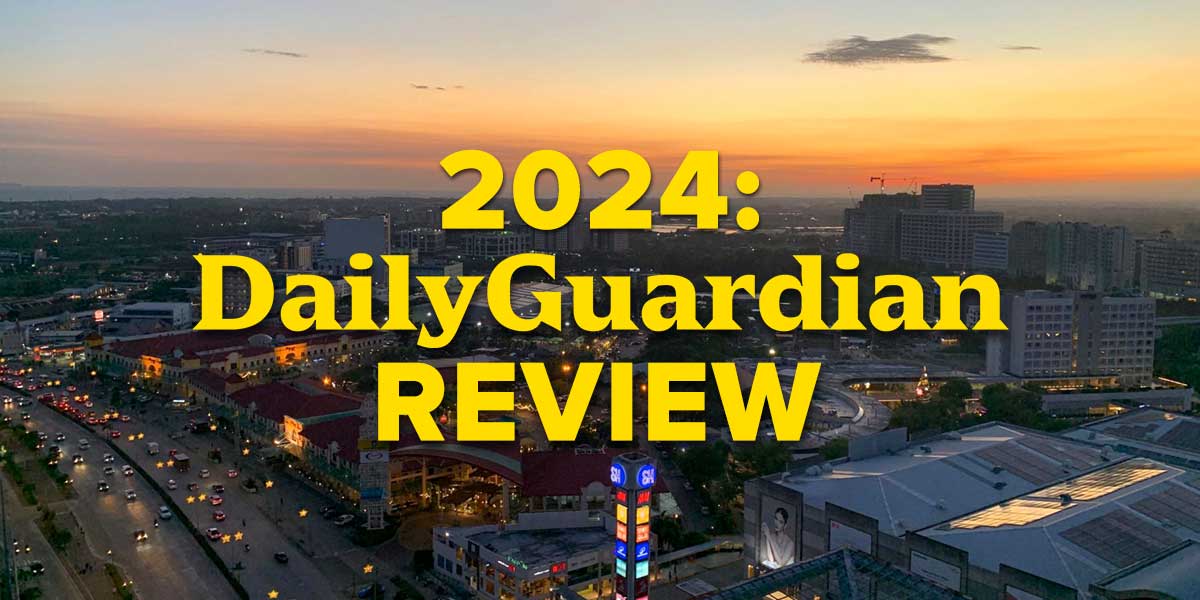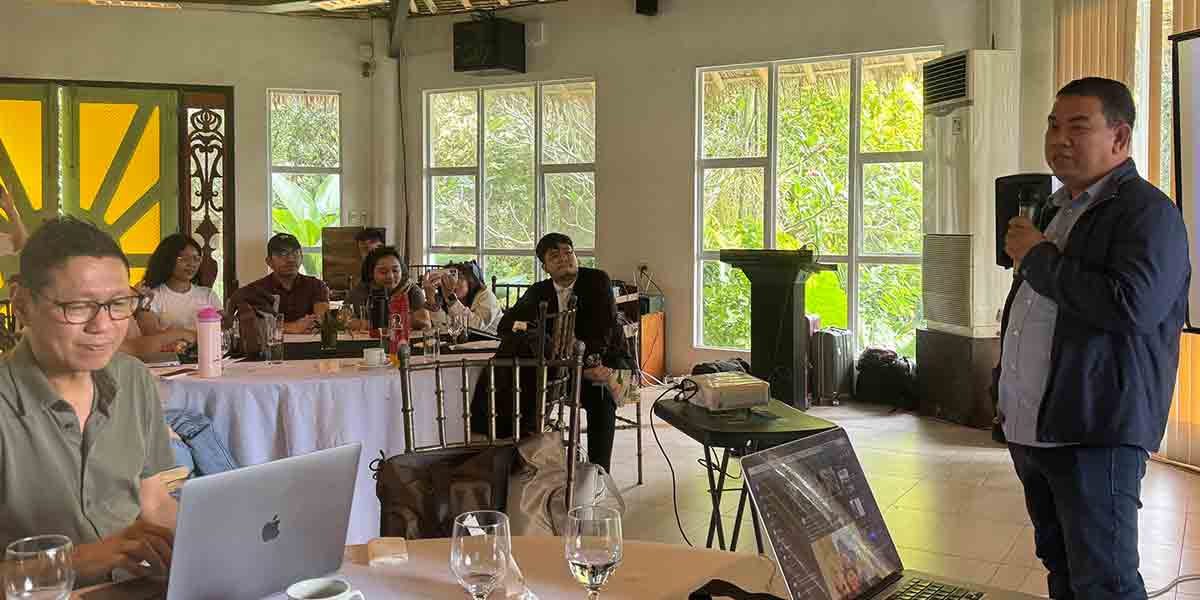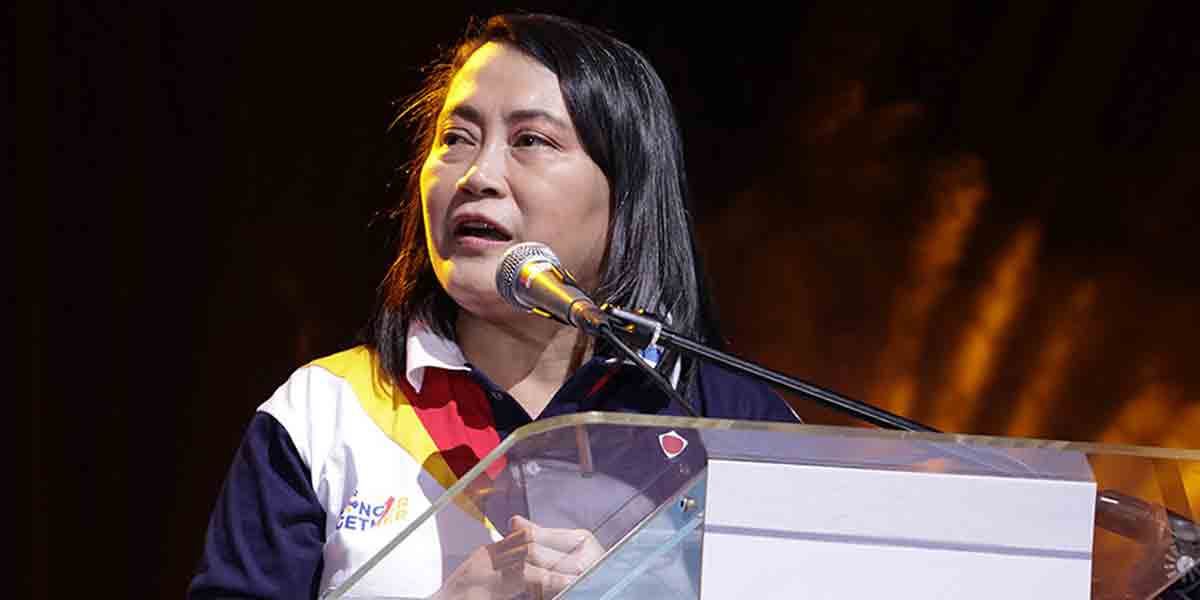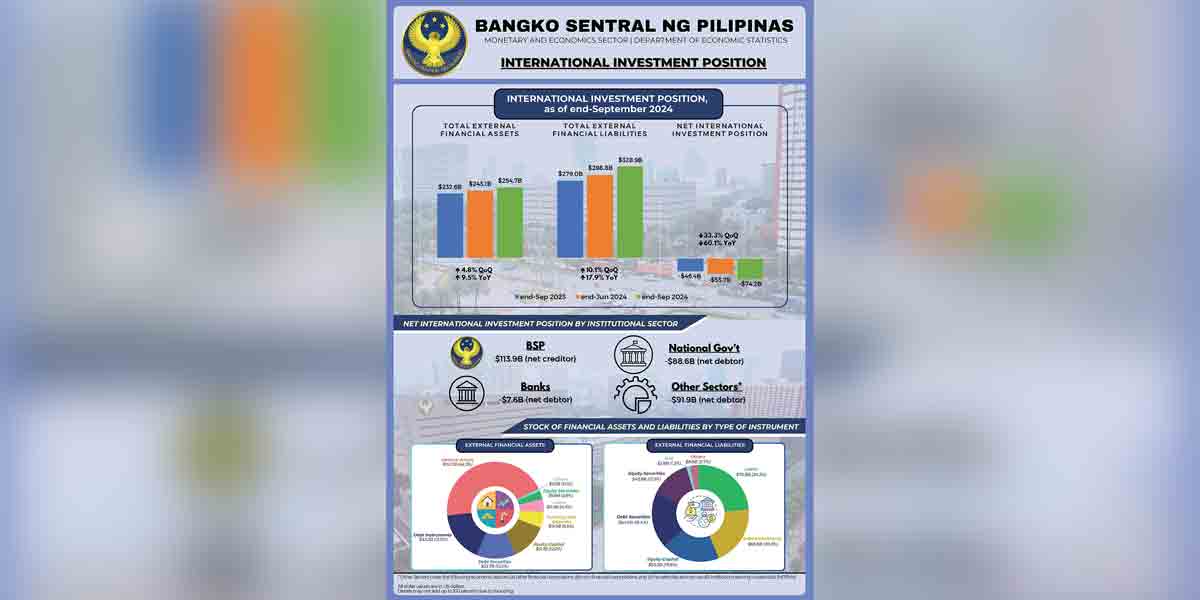By Alex P. Vidal
“It’s the right and also the responsibility of member states to express their views. And my role as the present of the General Assembly is not to comment on this. I’m here to protect and respect the rules.”—Miroslav Lajcak
BECAUSE of his association with the controversial family, all eyes and ears will be on Philippine Ferdinand “Bongbong” Marcos Jr. who will be among the speakers of the the 77th session of the UN General Assembly (UNGA 77) on September 20, 2022 (US time).
Mr. Marcos Jr. is the son of the late former dictator, Ferdinand Sr., whose 20-year reign as Philippine president was by tainted by horrifying human rights violations committed mostly by the military during the dark years of Martial Law in the 70s.
The UN General Assembly has the power to censure states for violating UN Charter principles.
It can bar, for instance, countries from serving on UN panels and kick countries out of the UN Human Rights Council if they commit egregious human rights abuses.
Mr. Marcos Jr. will be watched closely both by critics and admirers of his father along with Sergey Lavrov, the Russian foreign minister whose U.S. entry visa was in doubt for some time despite an agreement between the U.N. and the United States that requires the approval of visas “irrespective of the relations existing between the governments of the persons referred to” and the U.S. government.
-o0o-
The only son of the late former President Marcos Sr., elected President in May this year, has earlier vowed to bring up “economic recovery, food security, and agricultural productivity” during his address.
He is also the agriculture secretary of the Philippines.
He said he was unfazed by the issues leveled against his family which happened before he became president.
The UNGA 77 also expects “heavy hitter” addresses from among many others, new British Prime Minister Liz Truss, French President Emmanuel Macron, Iranian President Ebrahim Raisi, Egyptian President Abdel Fattah el-Sissi and new Kenyan President William Ruto.
The first Southeast Asian leader to speak during the General Debate and the first Filipino to speak at the podium since 2014, according to Philippine Consulate officials in New York, Mr. Marcos Jr. was allowed entry in the US on September 18, 2022 over a diplomatic immunity amid the existent contempt judgment against him and his mother, former First Lady Imelda, over a human rights class suit filed against the former President Ferdinand Sr.
-o0o-
According to the UN, the order of speakers during the General Debate, is made “based on the level of representation, preference and other criteria such as geographic balance.”
The UN General Assembly is the only universally representative body of the United Nations.
The other major bodies are the Security Council, the Economic and Social Council, the Secretariat, and the International Court of Justice.
As delineated in the Charter of the United Nations, the function of the General Assembly is to discuss, debate, and make recommendations on subjects pertaining to international peace and security, including development, disarmament, human rights, international law, and the peaceful arbitration of disputes between nations.
The UN General Assembly has been a forum for lofty declarations, sometimes audacious rhetoric, and rigorous debate over the world’s most vexing issues, including poverty, development, peace, and security since its inception.
As the most representative organ of the United Nations, the assembly holds a general debate in the organization’s New York headquarters from September to December and convenes special sessions at other times to address a range of issues.
-o0o-
Mr. Marcos Jr. was with the controversial family that flew to Hawaii in 1986 during the People Power EDSA Revolution.
Despite electing a Marcos in the recent election, the delegation from the Philippine this year was still accorded diplomatic courtesy and was welcomed and accommodated.
In the 1960s, the assembly suspended the South African delegation from the United Nations because the country was practicing apartheid, in violation of Security Council resolutions and international law.
South Africa was readmitted in 1994, following its democratic transition.
In 1992, after the dissolution of Yugoslavia, an assembly resolution denied Serbia and Montenegro the automatic inheritance of the former Yugoslav seat, requiring them to reapply for UN membership and forgo participation in assembly deliberations.
Israel was barred for many years from serving on UN commissions and panels because the slots are allotted according to membership in the UN’s five regional groups.
Arab states had blocked Israel from membership in the Asia-Pacific Group, which includes other Middle Eastern states.
Israel was made a temporary member of the Western European and Others Group in 2000 by the United States and some European countries.
In 2012, the General Assembly voted 133–12, with 33 abstentions, to denounce the Syrian government for atrocities committed since the Syrian civil war started a year earlier.
In 2019, the General Assembly passed a nonbinding resolution condemning human rights abuses against Muslim Rohingya in Myanmar. It passed 134–9, with 28 abstentions.
The seventy-seventh General Assembly session in 2022 comes as countries continue to suffer from the consequences of the COVID-19 pandemic, climate change, and Russia’s war in Ukraine.
It is focused on confronting these global challenges; renewing attention on the Sustainable Development Goals (SDGs), which aim to end poverty by 2030; and preparing a Pact for the Future, to be unveiled next year, that ensures the UN system can effectively confront future challenges.
“With multiple crises looming, nothing less than the credibility of the UN is at stake,” session President Csaba Korosi said ahead of the event.
(The author, who is now based in New York City, used to be the editor of two local dailies in Iloilo.—Ed)


















